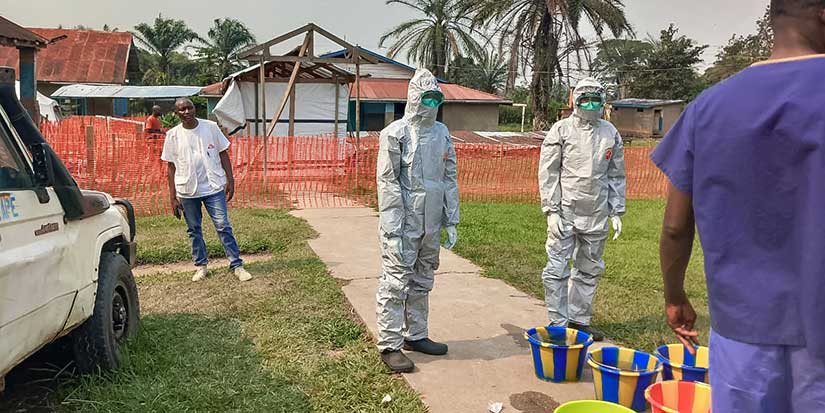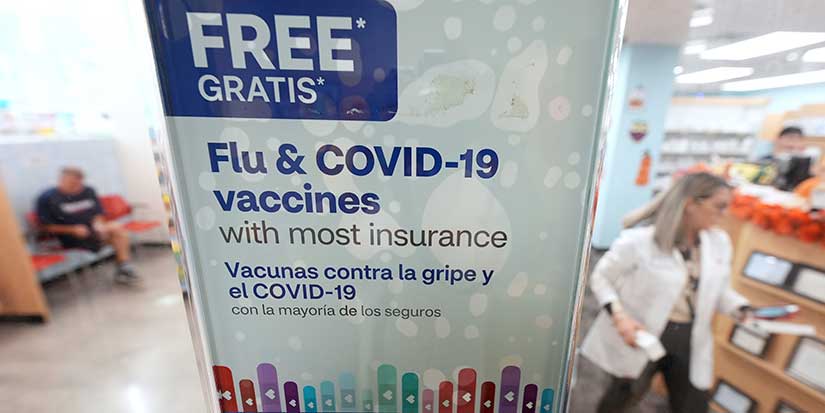Latest News
Coronavirus paper provides latest scientific update
Published 11:33 PST, Thu January 30, 2020
—
The respected medical journal, The New England Journal of Medicine, this week published a state-of-the art paper on the coronavirus, formally called Novel Coronavirus Infected Pneumonia which is shortened to NCIP.
The paper provides an in-depth analysis of the first 425 cases occurring in Wuhan, Hubei Province, China, in December 2019 and January 2020.
At that point, the age range of those ill with NCIP was 15 to 89. The authors point out that few of these early cases were children, with half of all patients being over age 59. Official Chinese statistics say only 10 percent of the population is over age 60.
Half of all patients got sick about five days after exposure to this newly identified coronavirus. Only five per cent went 12-and-a-half days before showing symptoms. Younger patients seem to take longer to show symptoms, but the paper makes it clear it is early days in this outbreak.
It is thought that the risk of catching this bug from an infected person, who as yet has no symptoms, is low. Transmission seems to happen once a person is sick, when they spew infected mucous and saliva into the air, and onto surfaces, because they are coughing.
The authors explain that the virus is passed on through close contact. It does not seem to be as infectious as measles which has the power to infect people hours after a sick person has left the room. According to the British medical journal, The Lancet, each person with measles infects 12 to 18 susceptible people.
At this early stage in the NCIP outbreak, every sick person seems to have spread the virus to just over two more people. Before being controlled, each SARS patient spread their virus to three other people. (To prevent a spread, the transmission number has to be one or less.)
The take-home messages are:
• There is an all-out world-wide effort to understand and control this outbreak;
• Phone your doctor and let them know if you suspect you have this virus, so they can take precautions to prevent it spreading to other patients while they examine you.
• If you are sick, stay home so you do not spread the virus.
The paper is authored by 16 doctors from the Chinese Center for Disease Control and Prevention in Beijing, along with a host of experts in the field from around China and the globe, including the World Health Organization. The medical journal has made this article available online for free.































